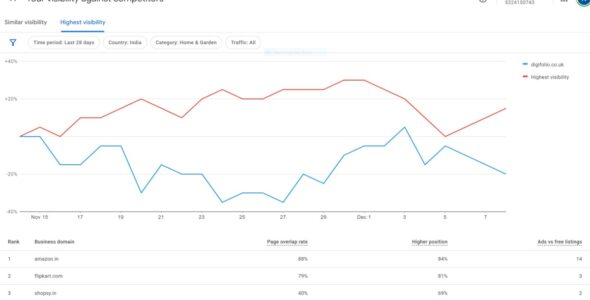Real Estate Market Segmentation: How to Identify and Profit from Niche Opportunities
Real estate market segmentation is the process of dividing a market into smaller groups of buyers or sellers with similar needs or characteristics. This can be done by considering factors such as location, price, property type, and amenities.
By segmenting the market, real estate professionals can better understand the needs of their target audience and develop marketing and sales strategies that are more likely to be successful. They can also identify niche opportunities that are not being served by other real estate professionals.
Here are some of the benefits of real estate market segmentation:
- Improved targeting: By segmenting the market, real estate professionals can target their marketing and sales efforts more effectively. This can help them to reach their target audience with the right message and at the right time.
- Increased efficiency: By understanding the needs of their target audience, real estate professionals can develop more efficient marketing and sales strategies. This can save them time and money.
- Increased profits: By identifying niche opportunities, real estate professionals can position themselves as experts in a particular market segment. This can help them to attract more clients and charge higher prices.
Here are some of the ways to segment the real estate market:
- By location: This is the most common way to segment the real estate market. Buyers and sellers are often interested in properties in a particular area, such as a neighborhood, city, or state.
- By price: Buyers and sellers are also interested in properties within a certain price range. This can be a useful way to segment the market for luxury properties or affordable housing.
- By property type: Buyers and sellers may be interested in a particular type of property, such as single-family homes, condos, or apartments.
- By amenities: Buyers and sellers may be looking for properties with certain amenities, such as a pool, a gym, or a parking space.
By considering these factors, real estate professionals can segment the market and identify niche opportunities that are not being served by other real estate professionals. This can help them to improve their targeting, efficiency, and profits.
Here are some additional tips for real estate market segmentation:
- Use data: There is a wealth of data available to real estate professionals, such as property listings, sales data, and demographic data. This data can be used to segment the market and identify niche opportunities.
- Talk to your clients: Real estate professionals should talk to their clients to understand their needs and preferences. This information can be used to segment the market and develop marketing and sales strategies that are more likely to be successful.
- Be flexible: The real estate market is constantly changing, so real estate professionals need to be flexible in their approach to market segmentation. They should be willing to adjust their strategies as the market changes.
By following these tips, real estate professionals can use market segmentation to improve their business and achieve their goals.





